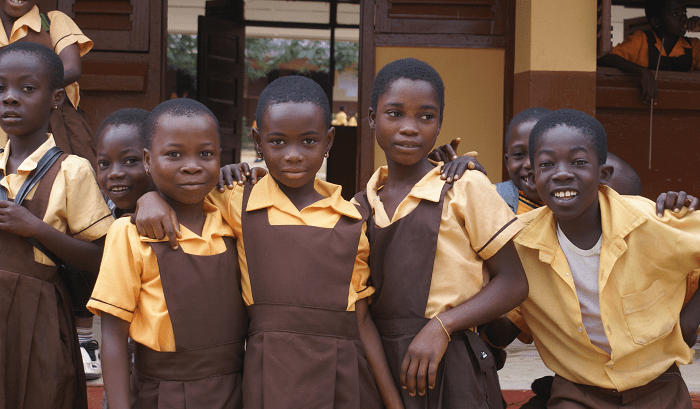
COVID-19: 1.52 Billion children out of school as over 60 million teachers stay home
A total of 166 countries have shut down schools nationwide across the world, affecting almost 1.52 billion children and youth who would normally attend pre-primary to upper-secondary classes, a March 2020 United Nations Secretary General’s Report has revealed.
“In addition, nearly 60.2 million teachers are no longer in the classroom,” it said.
Advertisement
The report is titled: Shared Responsibility, Global Solidarity: Responding to the socio-economic impacts of COVID-19 March, 2020.
It indicated that school closures had a wide range of adverse impacts on children and young people, including interrupted learning and forgone human interaction, which were essential to social and behavioural development.
“When schools close, many children lose the meals provided at school and a zone of safety. This impact on their nutrition has knock on effects on family income, which in turn adds to the demand for women and girls’ unpaid work.
“The World Food Programme (WFP) estimates that more than 320 million primary schoolchildren in 120 countries are now missing out on school meals. School interruption also causes gaps in childcare, which puts pressures on work and life balance, especially for women, and parents when asked to facilitate the children’s learning at home,” it said.
Danger
Sustained disruption of education, the report said, could lead to a rise in child labour and child marriage, placing a further brake on developing countries growth.
A recent IMF paper showed that child marriages reduce low-income country GDP by one per cent.
Support education
The report said it was crucial that the international community supported governments not only in providing distance learning solutions that used multimedia approaches to ensure learning continuity, but also in supporting teachers, parents and caregivers in adapting to home schooling modalities.
Inclusion and equity, it said, must be the guiding principles to avoid a further deepening of inequalities in access to education, with special measures taken to jointly meet the health, nutrition and learning needs of the most vulnerable and marginalised children and youth, as well as policies to address connectivity and content challenges.
“The scale of the challenge calls for a coalition of public and private partners to design and develop innovative and equitable solutions adapted to a wide diversity of contexts. It also provides an opportunity to leapfrog, through these solutions, in addressing the significant challenges confronting countries while keeping in sharp focus the Sustainable Development Goals.
“Preserving and boosting social cohesion through free access to educational and cultural resources can be used to overcome social isolation. Investing in social cohesion is of special importance for countries experiencing fragility resulting from protracted conflict, recurrent natural disasters or forced displacement,” it said.
Call to action
The COVID-19 pandemic, it said, was a defining moment for modern society, and history will judge the efficacy of our response not by the actions of any single set of government actors taken in isolation but by the degree to which the response is coordinated globally across all sectors to the benefit of our human family.



